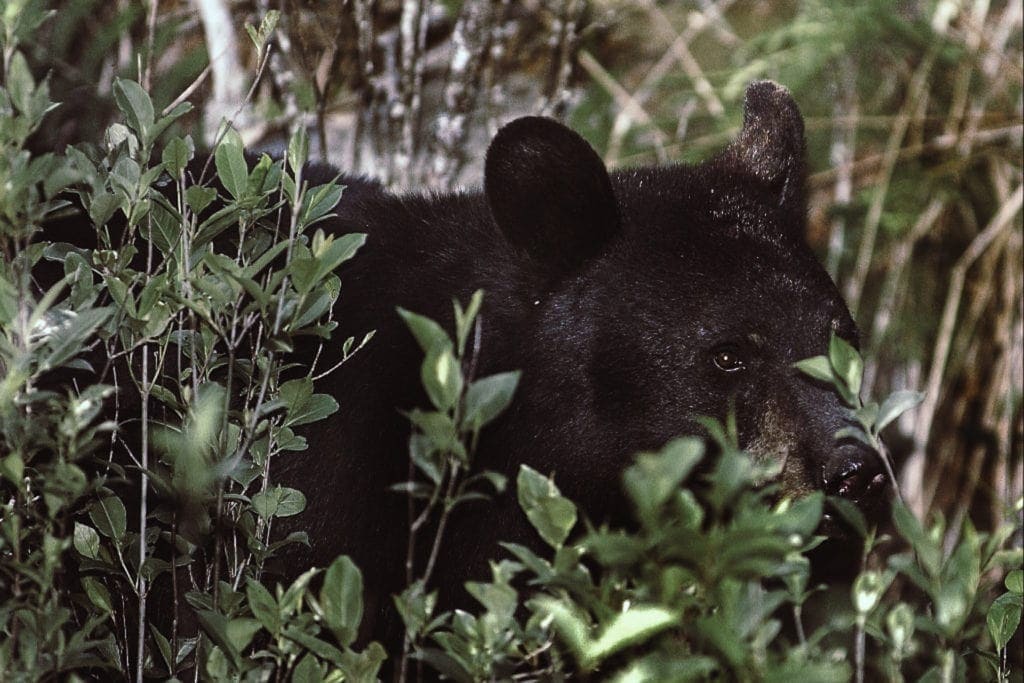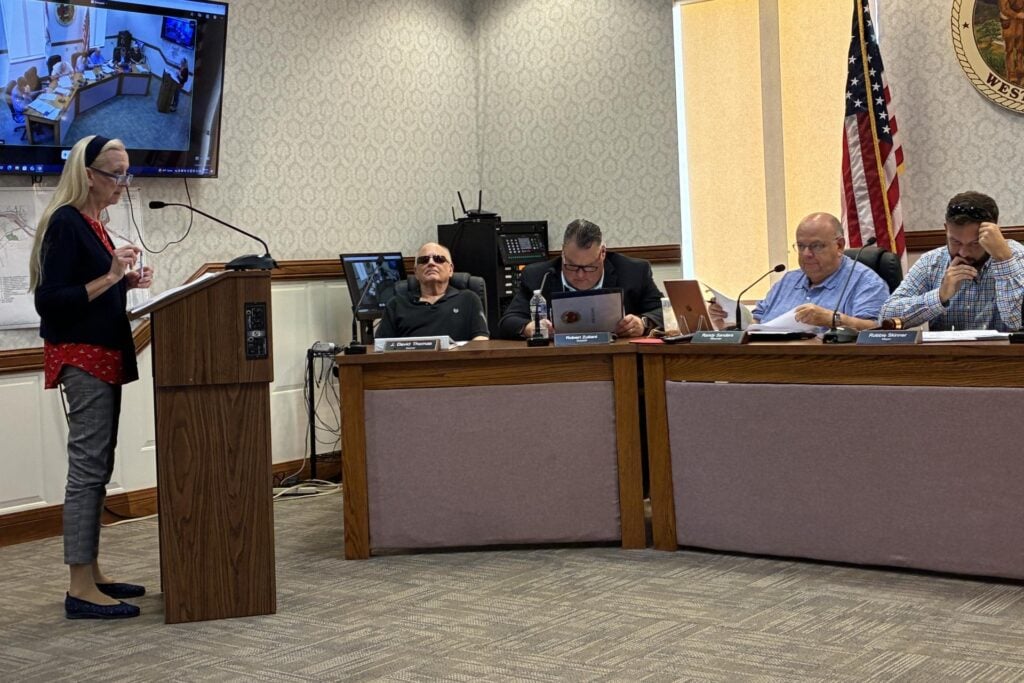SOUTH CHARLESTON, W.Va. — Spring is here and that means West Virginia’s black bears are coming out of their winter hibernation and looking for food. Residents are reminded that feeding black bears is a violation of state law as well as a misguided disservice to our state animal, according to Colin Carpenter, black bear project leader for the Division of Natural Resources (DNR) Wildlife Resources Section.
“Some people will set out food to get a closer look at this often-secretive animal,” Carpenter said. “Although it may be tempting to feed scraps to a bear that wanders near your home, don’t risk it. This practice only strengthens a bear’s association of humans and food. These situations generally lead to bears that lose their natural fear of humans and can lead to property destruction or personal injury. At that point, the bear may need to be destroyed. Remember, in most cases, a fed bear is a dead bear.”
For more on bear safety best practices, watch the WV Division of Natural Resources Bear Safety video – here.
Bear movements are tied to food sources. Bears that roam around residential areas in search of food are less likely to stay if they do not find anything to eat. The key to avoiding human-bear conflicts is to remove or secure food attractants such as unsecured trash cans and pet food bowls before a bear finds them.
Because bears are becoming more active during this time of year, chances of an outdoor encounter increase.
DNR recommends taking the following actions if you encounter a bear:
• Remain calm.
• DON’T approach a bear.
• DON’T run from a bear.
• DON’T climb trees to escape a bear.
• Give the bear a clear escape route.
• Quietly back away and leave the area.
• If attacked, immediately fight back.
• DON’T feed bears.
“Be aware that bears are leaving their dens in March and will readily take advantage of human food sources,” Carpenter said. “Black bears should always be appreciated from a distance to ensure the safety of both humans and the bears.”
More information about how to handle black bear encounters can be found at www.wvdnr.gov.














